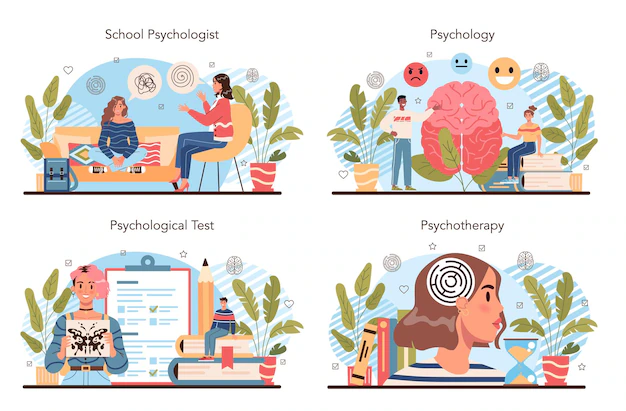Doctor of Psychology (PsyD) Degree: Bridging Theory to Clinical Practice
The Doctor of Psychology (PsyD) degree serves as a specialized path within the field of psychology, designed to equip individuals with practical skills and training for hands-on clinical practice. Distinct from traditional Ph.D. programs, the PsyD emphasizes applied knowledge, psychological assessment, and therapeutic interventions.

Page Contents
Exploring the PsyD Degree
Clinical Emphasis:
The PsyD program centers on clinical training, preparing students to become proficient practitioners capable of providing therapy, assessments, and interventions.
Practical Experience:
Students undergo extensive supervised clinical experiences, including practicum and internship placements, providing real-world exposure to diverse clinical settings.
Theoretical Foundations:
While practical in nature, PsyD programs still incorporate theoretical coursework, albeit with a stronger focus on its application in clinical practice.
Areas of Focus in PsyD Programs
| Areas of Focus | Description |
|---|---|
| Clinical Assessment | Training in conducting psychological assessments, diagnostic tools, and evaluations to understand clients’ needs. |
| Therapeutic Interventions | Learning various therapeutic approaches and interventions to address mental health concerns in clinical settings. |
| Ethics and Professionalism | Emphasis on ethical guidelines, professionalism, and legal considerations in providing clinical psychological services. |
| Specialized Populations | Specialized training to work with specific populations like children, adolescents, veterans, or individuals with trauma. |
Example of Specialized Training in Clinical Psychology
Specialization: Child and Adolescent Psychology
Description: This specialization within a PsyD program focuses on training psychologists to work specifically with children and adolescents, addressing their unique psychological needs.
Training Components:
- Coursework: Specialized courses in child development, pediatric psychology, and family therapy.
- Clinical Placements: Practicum and internship placements in child mental health clinics, schools, or pediatric hospitals.
- Therapeutic Techniques: Training in evidence-based therapies tailored for younger populations, such as play therapy or cognitive-behavioral therapy for children.
Application in Clinical Practice
Clinical Psychologist Role:
PsyD graduates often pursue careers as licensed clinical psychologists, providing therapy, assessments, and interventions in diverse clinical settings.
Impact on Mental Health:
Their expertise contributes to improving mental health outcomes by addressing various issues, including anxiety, depression, trauma, and behavioral disorders.
Conclusion
The Doctor of Psychology (PsyD) degree offers a practical and applied approach for individuals seeking to become clinical practitioners within the field of psychology. By integrating theoretical knowledge with extensive clinical training, PsyD programs produce professionals capable of making a tangible difference in the lives of individuals, families, and communities through effective clinical practice.
This table showcases various areas of focus within PsyD programs, highlighting the emphasis on clinical assessment, therapeutic interventions, ethics, professionalism, and specialized training. Additionally, the example provided illustrates how a PsyD student might specialize in child and adolescent psychology within their program.







